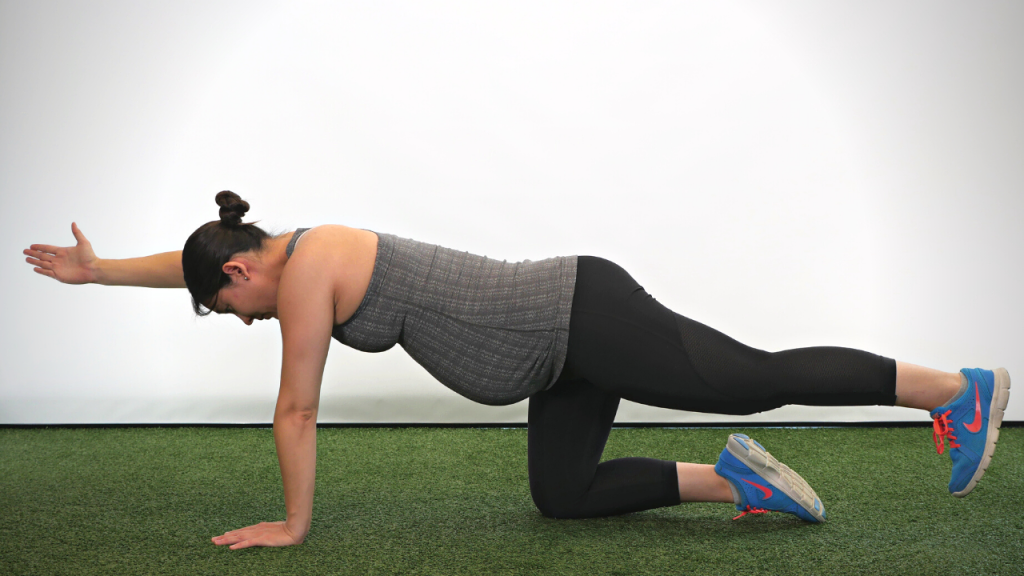
We can assess and treat pain in the vagina, rectum, penis, testicles, perineum, and surrounding pelvic areas.
Common conditions we treat:
Dysmenorrhea (period pain)
Levator ani syndrome
Dyspareunia (pain with intercourse)
Vulvodynia
Vestibulodynia
During pregnancy:
Baseline pelvic floor assessment
Birth prep strategies (e.g breathing and pushing techniques)
Post-partum:
Assessment of pelvic floor muscles
Diastasis rectus abdominis assessment
Episiotomy or c-section recovery
Return to exercise
Leaking is common, but not normal. Leaking with coughing, sneezing or jumping, having sudden or uncontrollable urges to urinate, and frequent urination (more than once every 2 hours) are signs of bladder dysfunction.
Common conditions we treat:
Stress incontinence
Urge incontinence
Mixed incontinence
Overactive bladder
Interstitial cystitis (bladder pain)
Abdominal pain, bloating, and irregular bowel movements are common signs of bowel dysfunction.
Common conditions we treat:
Fecal incontinence
Constipation, hemorrhoids
Irritable bowel syndrome (IBS)
Have an upcoming surgery? Coming in for an assessment before surgery can allow us to find your baseline, give you exercises to start on, and tips for recovery.
Post-surgery treatment will focus on tissue recovery, building strength and mobility, and getting you back to the activities you enjoy.
Common surgeries we see:
Hysterectomy
Prostatectomy
Endometriosis
C-section
Fibroid surgery
Prolapse surgery
Colorectal surgery
Hormonal changes can impact pelvic floor function and health. We can help keep your pelvic floor healthy as you age.
Vaginismus is involuntary tightening of the vaginal muscles causing difficulty with, or inability for, vaginal penetration (e.g. gynecological exams, tampon use, intercourse).
Please note: an internal exam is not required at assessment. We will meet you at your starting point
Feeling of pressure or heaviness in the pelvic area can be a sign of pelvic organ prolapse.
We can help with:
Relieving pressure
Keeping you active
Your initial consultation will involve a detailed assessment of your pelvic health, medical history, and current symptoms. Based on this, we will develop a personalized treatment plan.
Our physiotherapists have completed additional training in pelvic health to become rostered with the College of Physiotherapists of Ontario for internal assessment or internal rehabilitation of pelvic musculature.
Absolutely, men have pelvic floors too! Pelvic health issues can affect both men and women throughout all stages of life. Your treatment will be tailored to address your specific needs.
No. Internal exams are not required but can be very informative and are often highly recommended.
Since your pelvic floor muscles are inside your body, being able to touch that area directly by doing an internal vaginal and/or rectal exam is the best way to assess for most conditions.
If you are not comfortable with an internal exam, there are other ways we can assess and help you. Please let your physiotherapist know about any concerns you have.